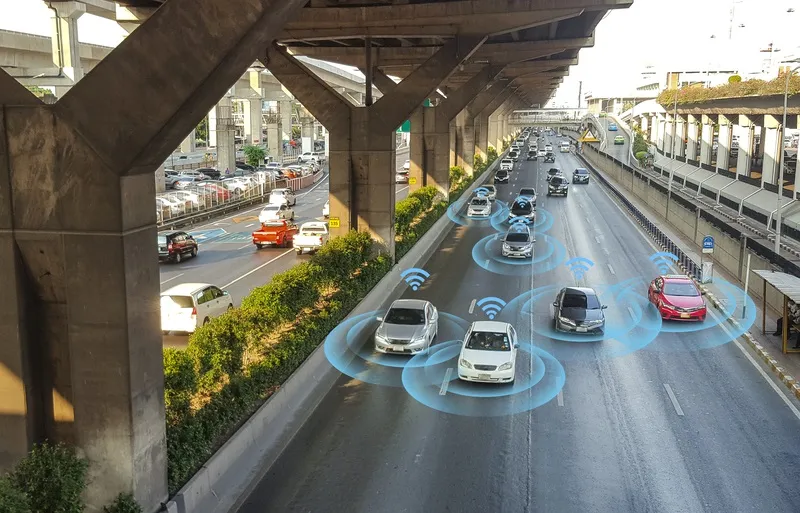
The company, a maker of hardware and software, said the purpose of the Putting Safety First in Autonomous Vehicles report is to make an experience-based contribution to the safety debate within the connected and autonomous vehicle (C/AV) industry.
StreetDrone’s 30-page report – available as a free download – is based on the company’s experience in operating AV trials in heavily populated urban environments, explained Mike Potts, chief executive of StreetDrone.
This experience spans the full spectrum of AV disciplines, from hardware and mechanical design through to artificial intelligence and software, as well as insight into city centre public highway trials.
“For an organisation focused on zone 1 urban trials, we have necessarily been safety-led, so our report encapsulates much of this knowledge,” said Potts.
“Importantly… we propose a set of rules for the automotive safety factors that address what we consider to be a systemic oversight across the industry of these vital hardware considerations.”
The report also discusses the definition of a safe operating environment, minimum operating standards for safety drivers and a set of open data protocols for effective error tracking and rectification.
StreetDrone, based in Oxford, UK, says it was the first business in Europe to run a public road autonomous trial using open-source self-driving software.
StreetDrone’s own hardware platforms range from the L7e class Renault Twizy heavy quadricycle to the flexible Nissan eNV200, which comes in taxi, delivery van or 7-seater passenger variants.
The firm says they all benefit from autonomous-ready technology conversion which includes a proprietary control system that works in parallel with the vehicle’s original control and safety systems in order that all of the safety validation undertaken by the carmaker is maintained.
The StreetDrone platform approach operates upstream of all of these systems and leaves them functionally intact, rather than reverse-engineering or ‘hacking’ existing vehicle control system capabilities, like lane-keeping and power steering.









